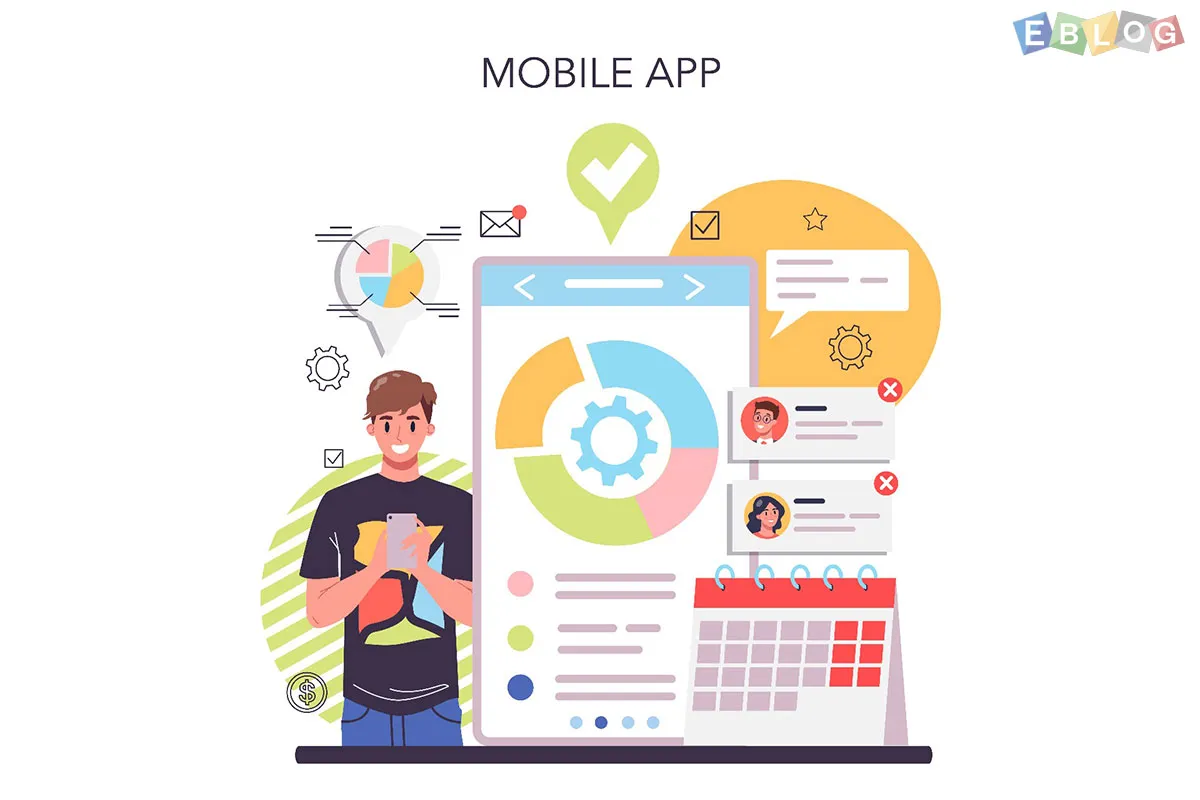
The Role Of Technology In Simplifying HR Compliance In 2024
- 25 Jul, 2024
- Education
- 556 Views
- 0 Comments
In the ever-evolving corporate landscape, human resources (HR) compliance remains critical for organizations. Adhering to regulations, maintaining accurate records, and ensuring employee welfare are paramount for a company’s success and reputation. In 2024, technology continues to revolutionize how HR departments manage compliance, simplifying processes, reducing risks, and enhancing efficiency. Let's explore how technology is transforming HR compliance this year.
1. Automation: The Backbone of HR Compliance
One of the most significant technological advancements in HR compliance is automation. Automated systems can manage repetitive and time-consuming tasks, ensuring that compliance requirements are consistently met. This includes:
a. Document Management: Automated document management systems ensure that all employee records are up-to-date and securely stored. These systems can automatically update documents and flag missing or outdated information.
b. Reporting and Analytics: Advanced analytics tools can generate compliance reports, highlight trends, and identify potential issues before they become problematic. Automation reduces human error and ensures timely and accurate reporting.
c. Policy Updates and Distribution: Automated platforms can instantly update company policies and distribute them to employees, ensuring everyone knows the latest compliance requirements.
2. Artificial Intelligence: Enhancing Decision-Making
Artificial Intelligence (AI) is another game-changer in HR compliance. AI-powered tools can analyze vast amounts of data, identify patterns, and provide previously impossible insights. Here’s how AI is making a difference:
a. Predictive Analytics: AI can predict potential compliance issues based on historical data and current trends, allowing HR to proactively address problems.
b. Employee Monitoring: AI-driven monitoring systems can detect unusual behavior or patterns that might indicate non-compliance, such as excessive overtime or unusual access to sensitive information.
c. Chatbots and Virtual Assistants: AI-powered chatbots can assist employees with compliance-related queries, ensuring they have access to accurate information 24/7.
3. Blockchain: Ensuring Data Integrity and Security
Blockchain technology is gaining traction in HR compliance for its ability to provide secure, transparent, and tamper-proof records. Here's how blockchain is simplifying HR compliance:
a. Immutable Records: Blockchain ensures that once a record is added, it cannot be altered or deleted, providing a reliable audit trail for compliance purposes.
b. Secure Data Sharing: Blockchain enables secure and transparent sharing of information between parties, reducing the risk of data breaches and ensuring data integrity.
c. Smart Contracts: Smart contracts can automate compliance processes, such as verifying employee credentials or managing employment contracts, reducing the need for manual intervention.
4. Cloud Computing: Facilitating Accessibility and Collaboration
Cloud computing has revolutionized the way HR departments handle compliance by offering scalable, flexible, and accessible solutions. The benefits include:
a. Real-Time Updates: Cloud-based systems ensure that compliance data is updated in real-time, providing HR teams with the most current information.
b. Remote Access: With cloud technology, HR professionals can access compliance data from anywhere, facilitating remote work and collaboration.
c. Scalability: Cloud solutions can easily scale with the growth of an organization, ensuring that compliance systems remain effective as the company expands.
5. The Future of HR Compliance Technology
As we move further into 2024, the role of technology in HR compliance will continue to expand. Emerging technologies such as machine learning, the Internet of Things (IoT), and advanced cybersecurity measures will further enhance the ability of HR departments to manage compliance effectively.
Machine Learning will refine predictive analytics, making it even more accurate and valuable for identifying compliance risks. IoT devices can monitor workplace environments to ensure safety regulations are met, and advanced cybersecurity measures will protect sensitive HR data from evolving threats.
6. Conclusion
Technology will undoubtedly simplify HR compliance in 2024, making it more efficient, accurate, and manageable. By leveraging automation, AI, blockchain, and cloud computing, HR departments can stay ahead of compliance challenges, ensuring that their organizations not only meet regulatory requirements but also foster a culture of transparency and integrity. As technology continues to evolve, the future of HR compliance looks promising, paving the way for smarter, more resilient organizations.















Leave a Reply